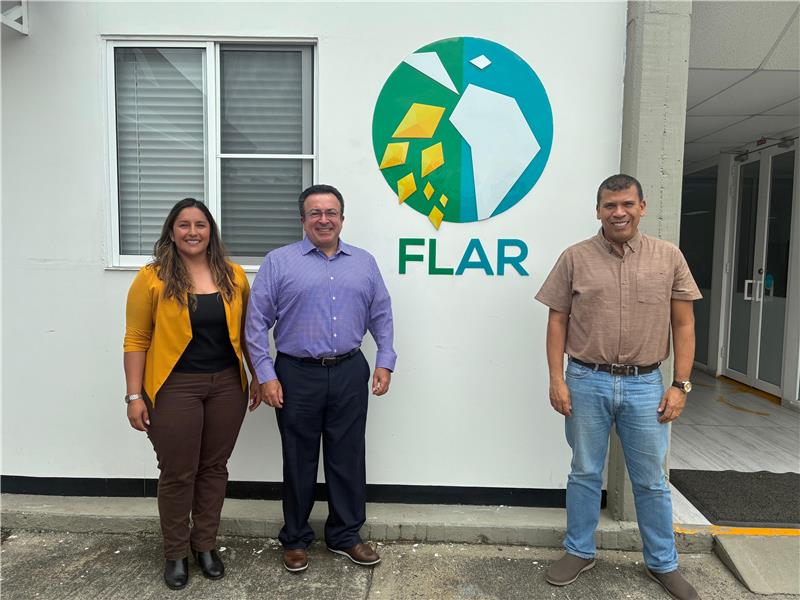By: Luisa Fernanda Prieto, Intern, Crops for Nutrition and Health of the Alliance of Bioversity International and CIAT
Biotechnological innovation seeks to address agricultural challenges, improve sustainability, and ensure food security in Latin America.
The Rice Hybrids for Latin America Consortium (HIAAL) is a regional initiative created by the Latin American Fund for Irrigated Rice (FLAR) and the Alliance of Bioversity International and CIAT. Its purpose is to promote the development of rice hybrids adapted to the conditions of Latin America, through the integration of research, innovation, and collaboration between institutions and producers. HIAAL works to generate practical and sustainable solutions for farmers, with an emphasis on productivity, resilience, and crop competitiveness.
In this context, HIAAL and CIBUS Inc. announced a milestone in agricultural innovation for the region. Through this collaboration, CIBUS will contribute its gene editing technology to incorporate new herbicide tolerance characteristics into the hybrids developed by HIAAL, facilitating more efficient crop management and addressing some of the main current agronomic challenges.
Rice is key in the global diet: it represents almost 40% of the calories consumed in the world and is a pillar of food security in Latin America, where average consumption reaches 53.99 kilos per person per year. However, its cultivation faces urgent challenges: difficult-to-control weeds, high water consumption, and methane emissions, a greenhouse gas significantly more potent than CO₂.
In this context, CIBUS Inc., an agricultural biotechnology company based in San Diego, California, which develops plant traits through gene editing to improve productivity and sustainability in crops, provides technology that allows the introduction of non-selective herbicide tolerance characteristics, facilitating the management of resistant weeds without affecting yield. HIAAL, in turn, provides the elite hybrid germplasm as a basis for these developments, so that, through its partners, the products are adopted by farmers in the region.
“Rice is a fundamental crop, and in alliance with HIAAL we can provide short-term solutions, both in costs and in production, but also in sustainability”
Field validations will be carried out in several Latin American countries, while technological developments will be carried out in laboratories in the United States. Thanks to this collaborative approach, the innovation cycles—of between 18 and 24 months—will produce, in the short term, elite materials with new incorporated traits, ready for agronomic tests in field conditions.
“The agreement seeks to provide herbicide-tolerant rice hybrids to farmers, as a complement to other management practices, to reduce costs, yield losses, and promote more sustainable and competitive systems”
This alliance aims not only to solve current agronomic problems, but also to transform the future of rice as a strategic crop. The technology used allows developing varieties more resistant to extreme climatic conditions, with better nutritional value and less environmental impact.
“The agreement with CIBUS will allow the development of rice hybrids resistant to a non-selective herbicide, offering producers high-yielding seeds and a sustainable tool for weed management”
This joint effort represents a new stage in agricultural biotechnology applied to one of the most important crops in the world. The benefits will not only be reflected in greater productivity and cost reduction for producers, but also in more nutritious rice, with rational use of water and low environmental impact.
With initiatives like this, science demonstrates that innovation can and should be at the service of sustainability, nutrition, and the well-being of agricultural communities and consumers.

